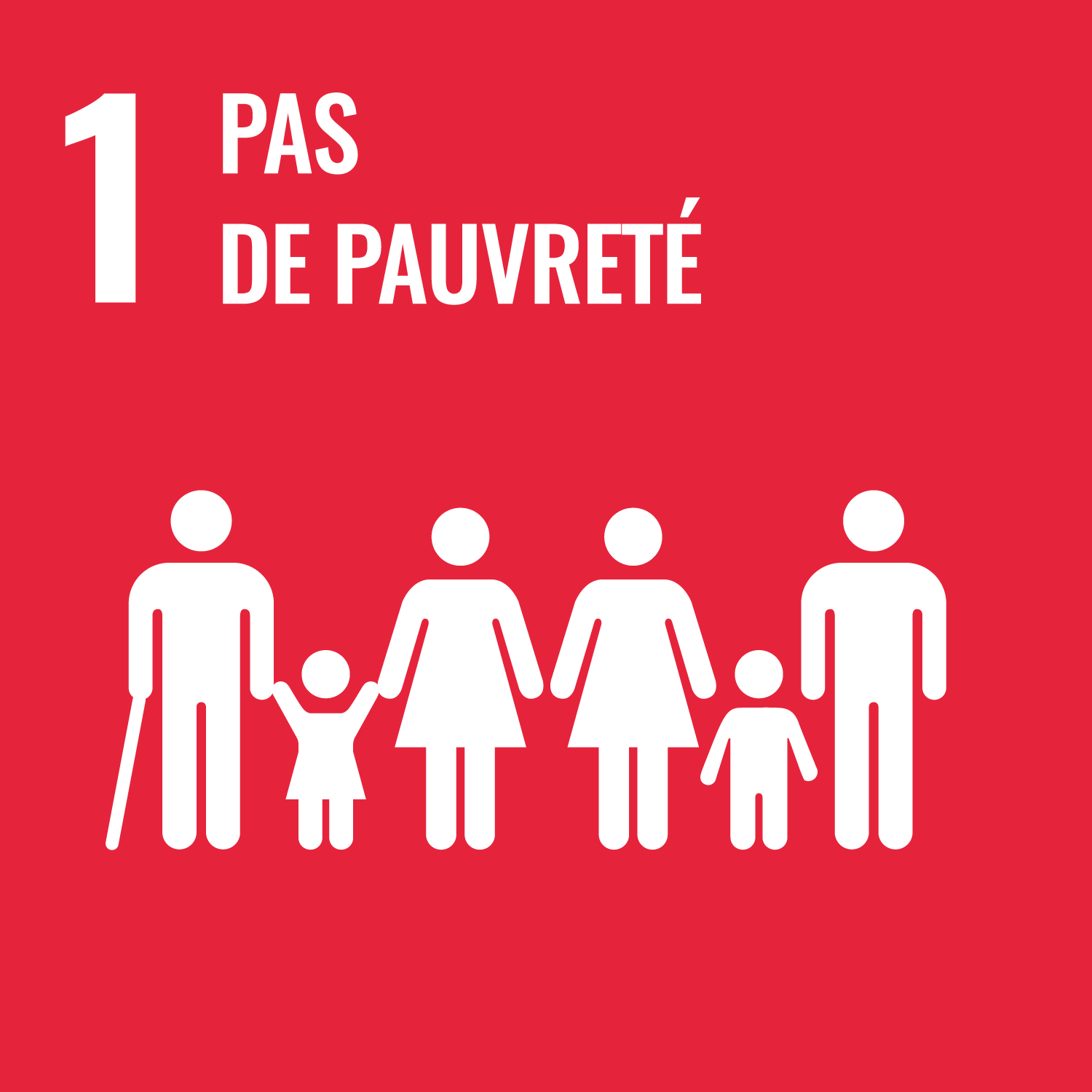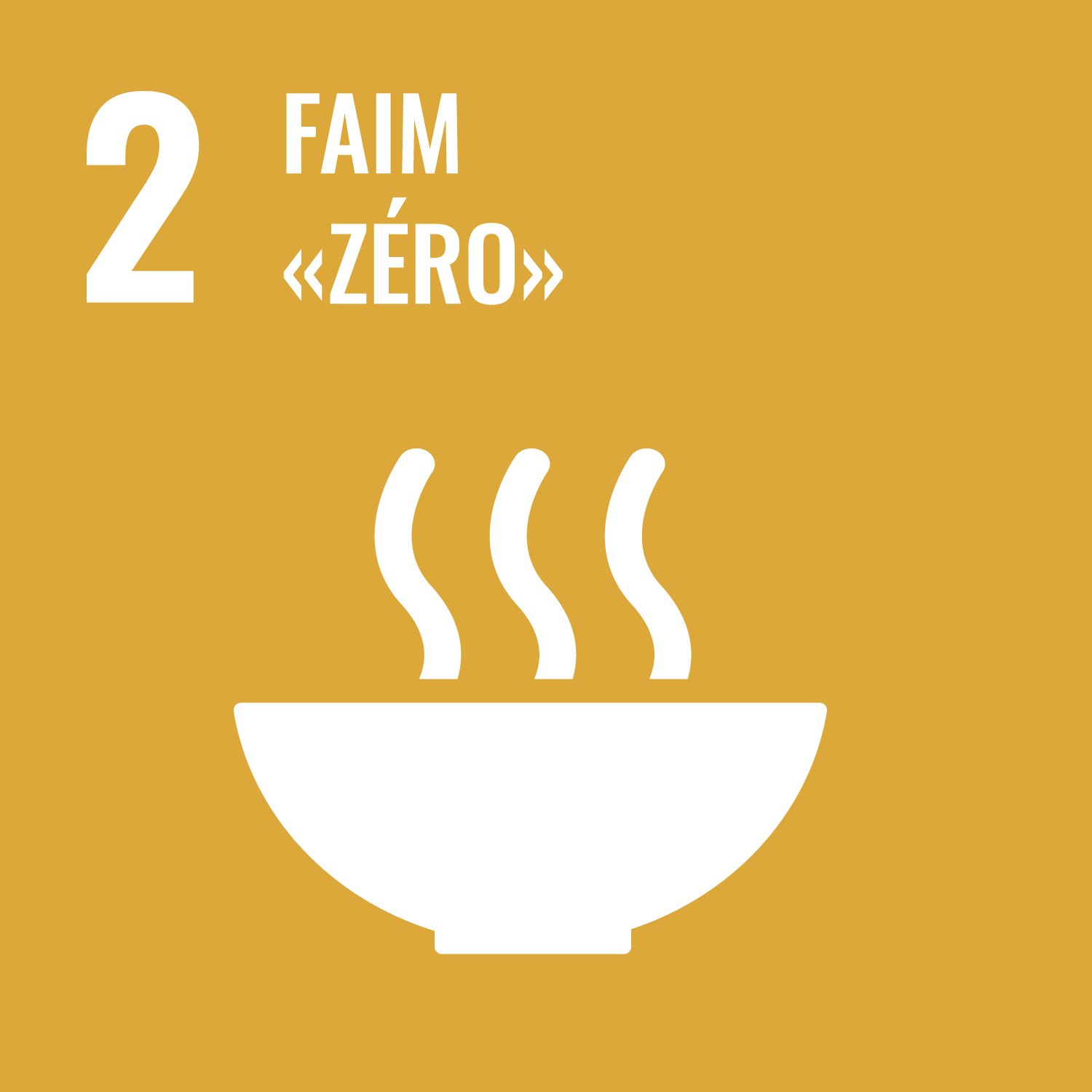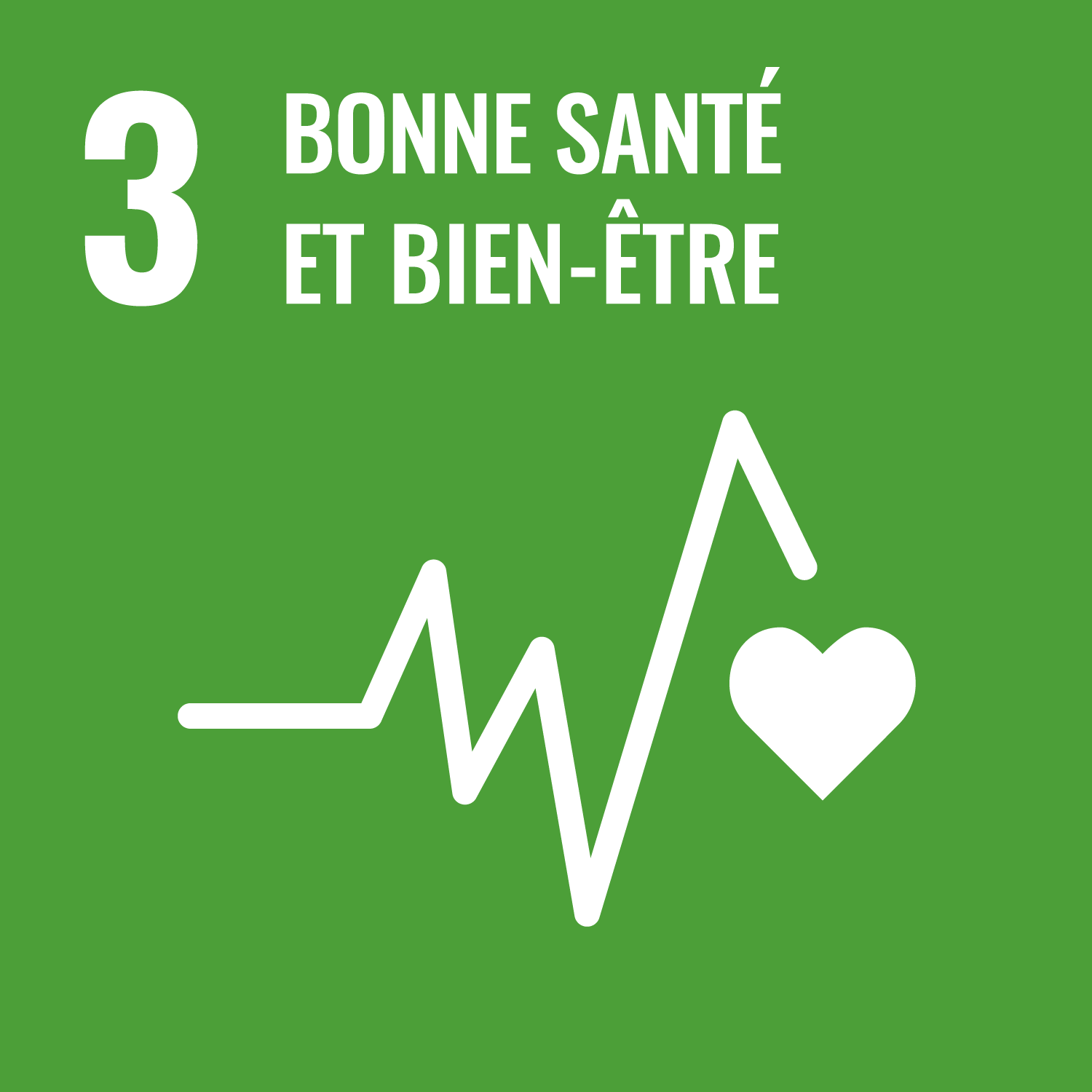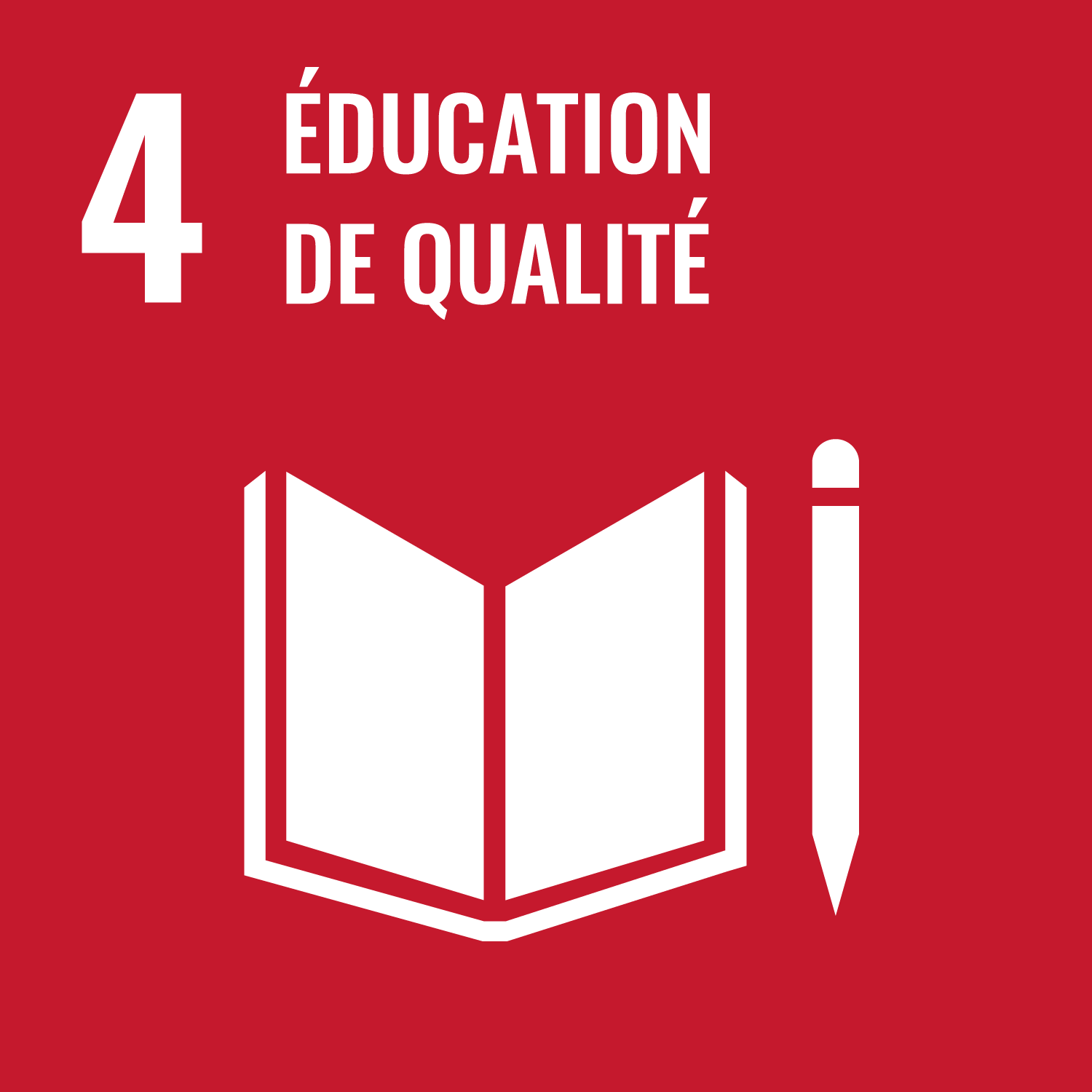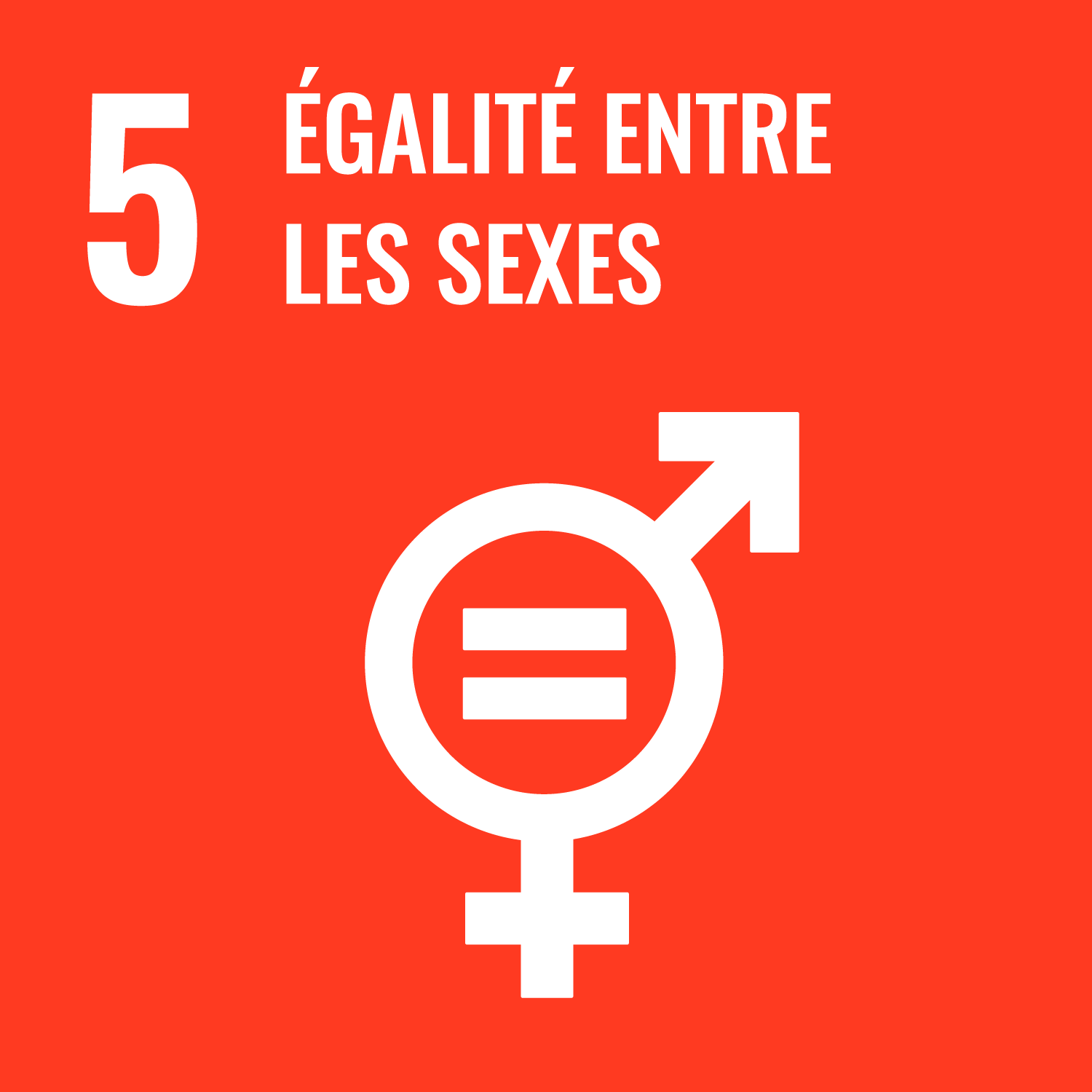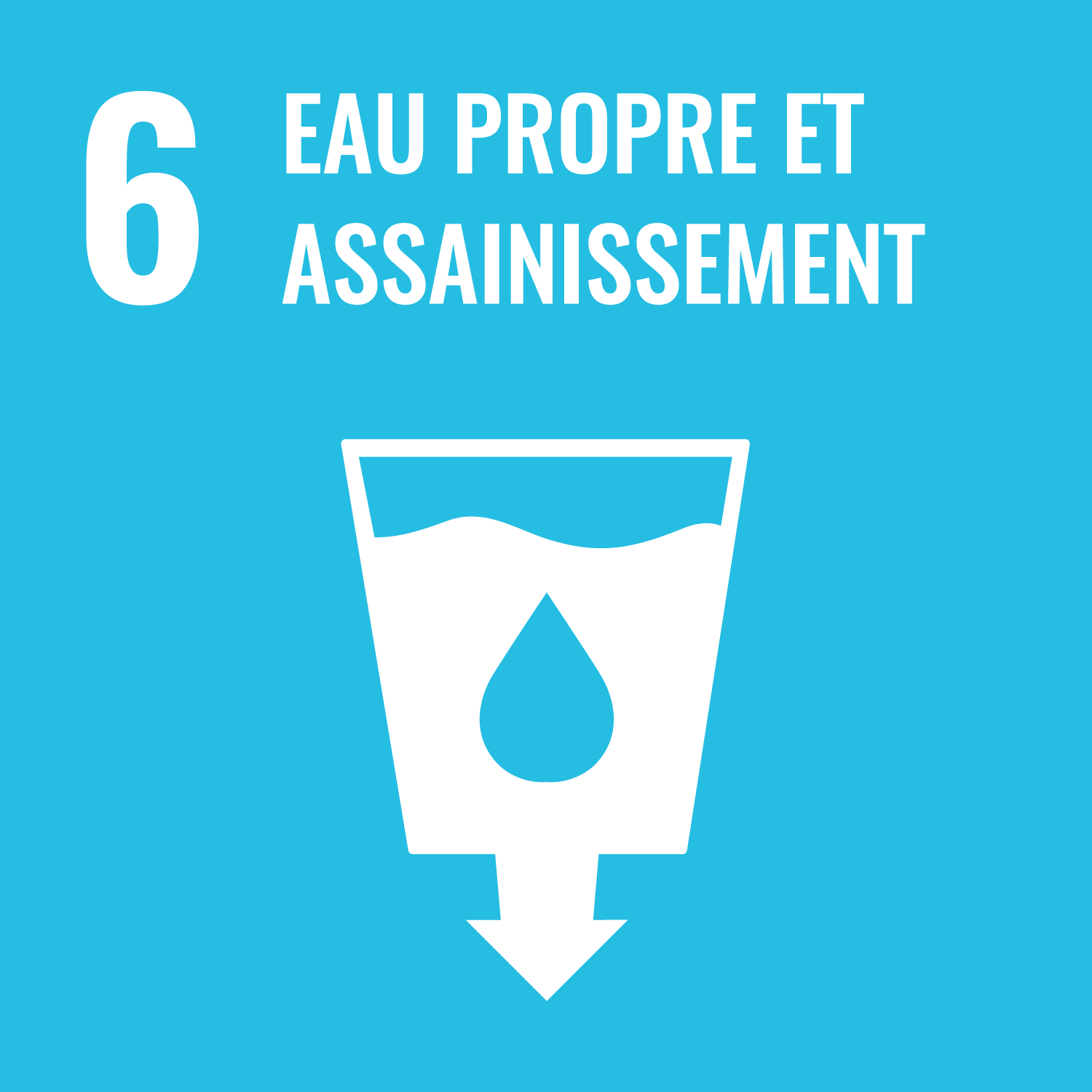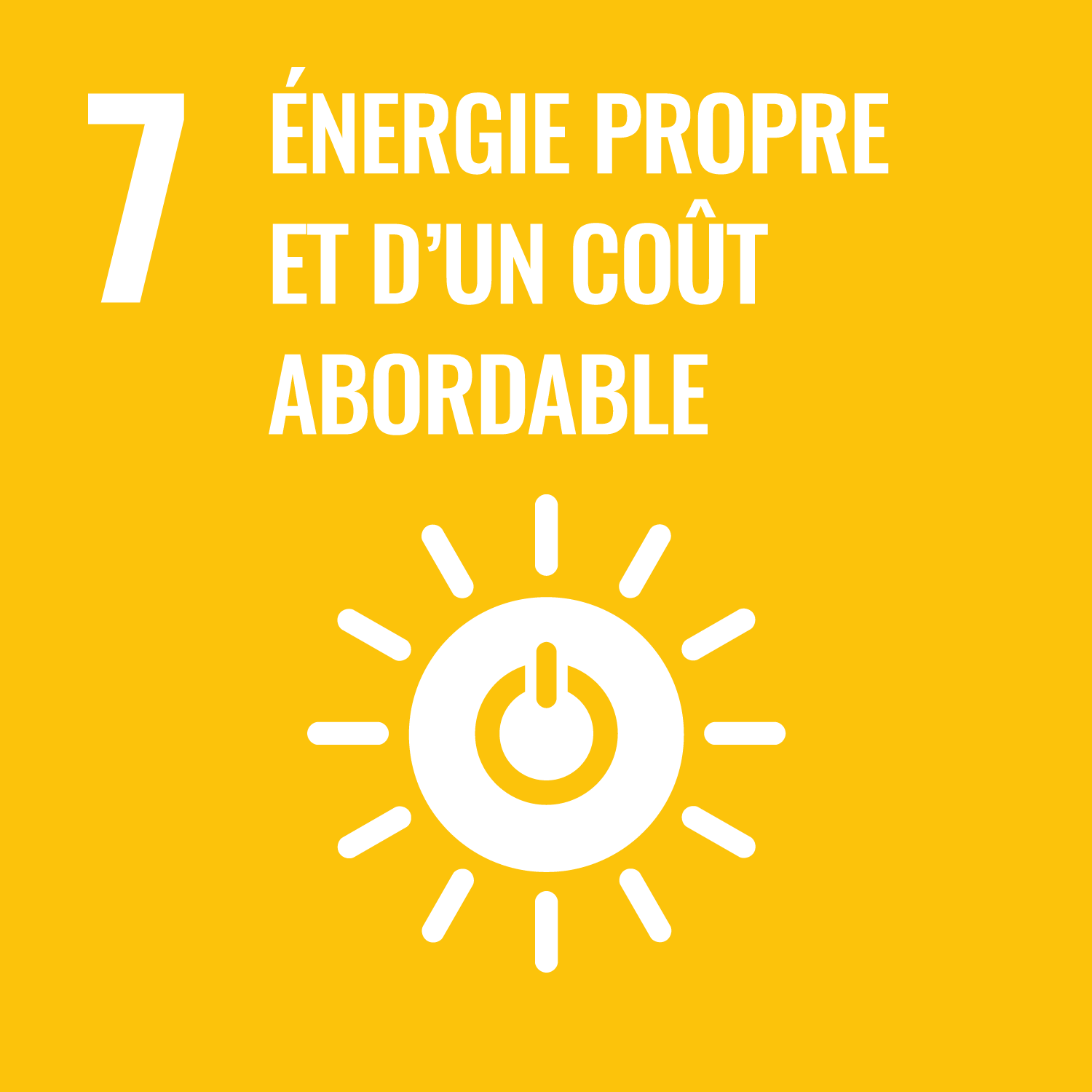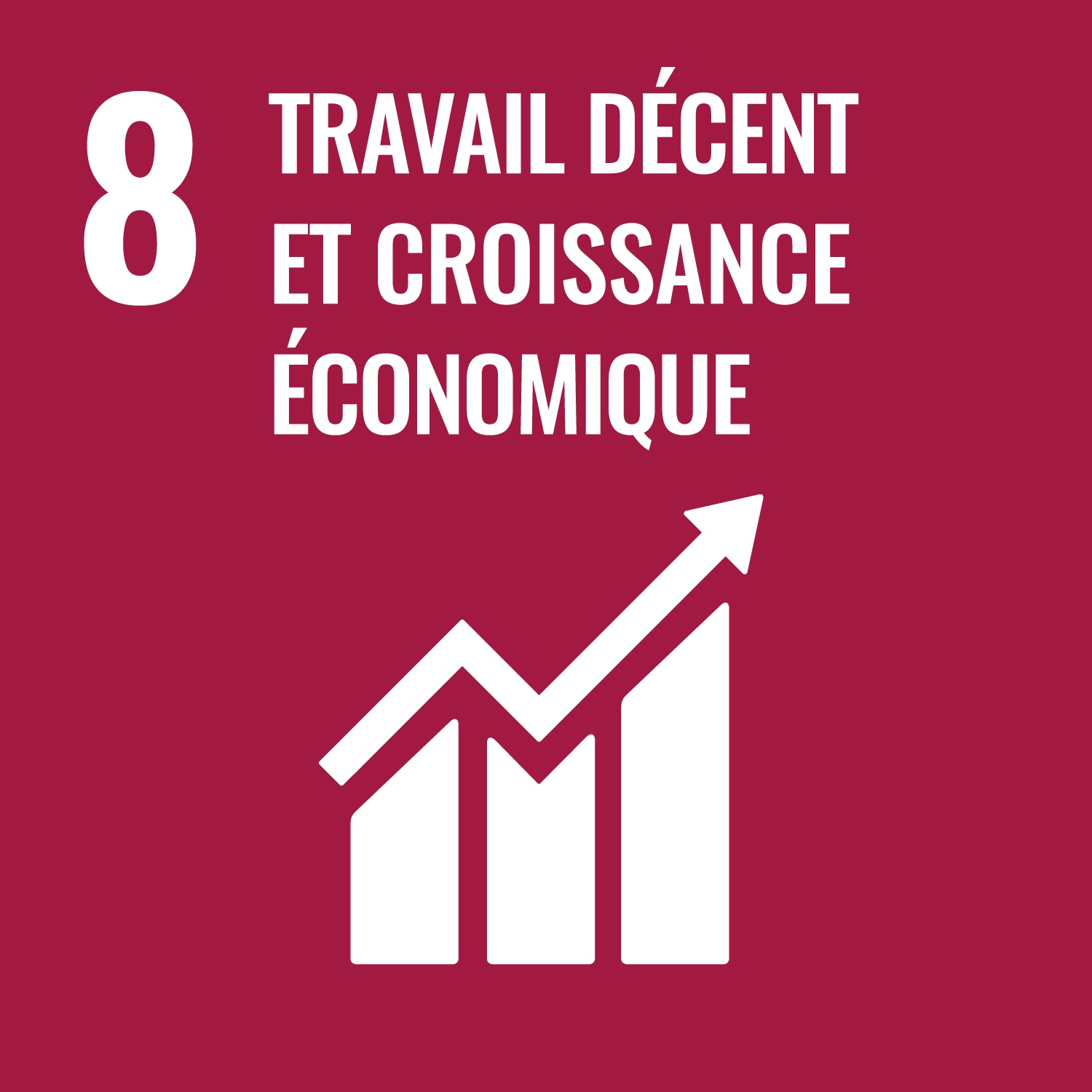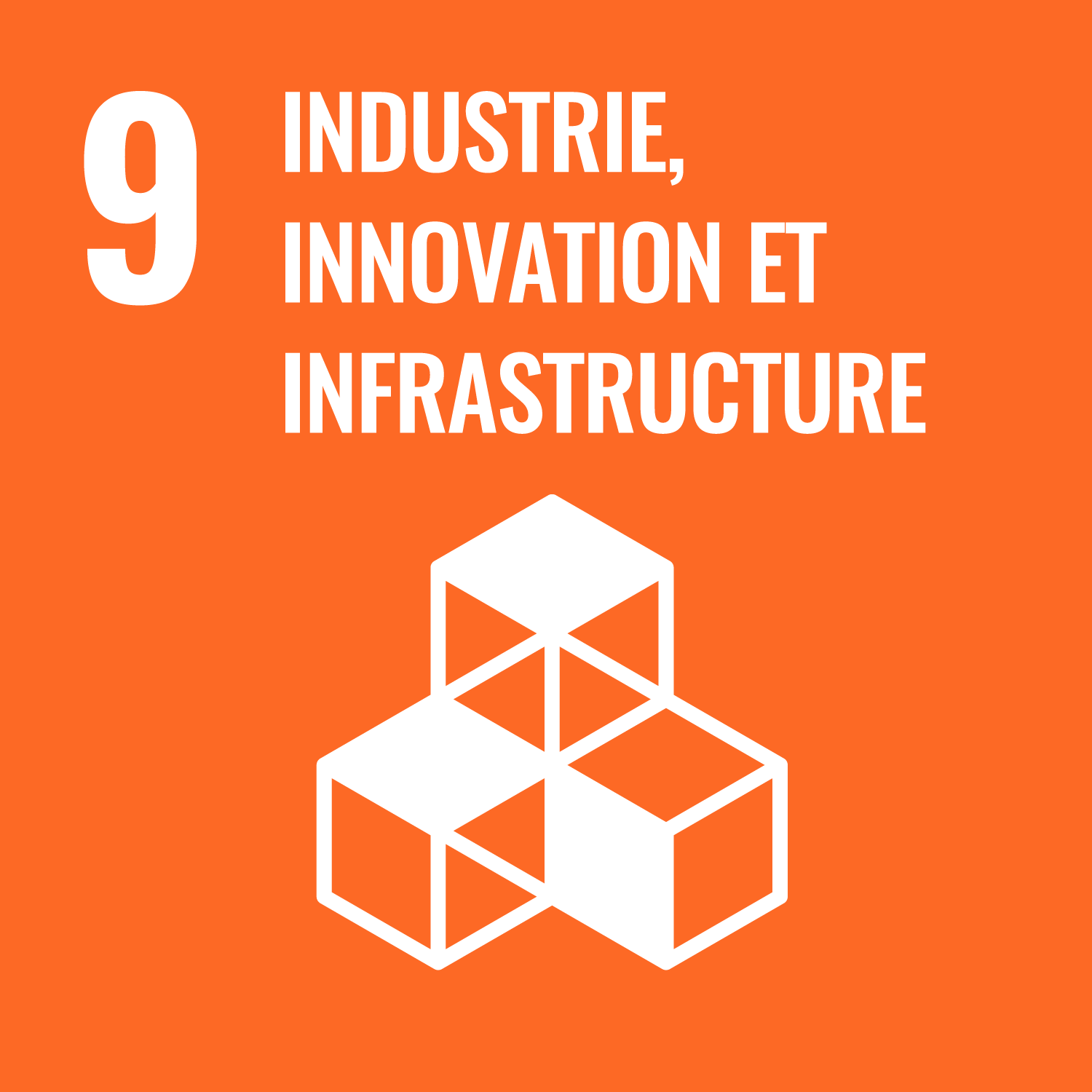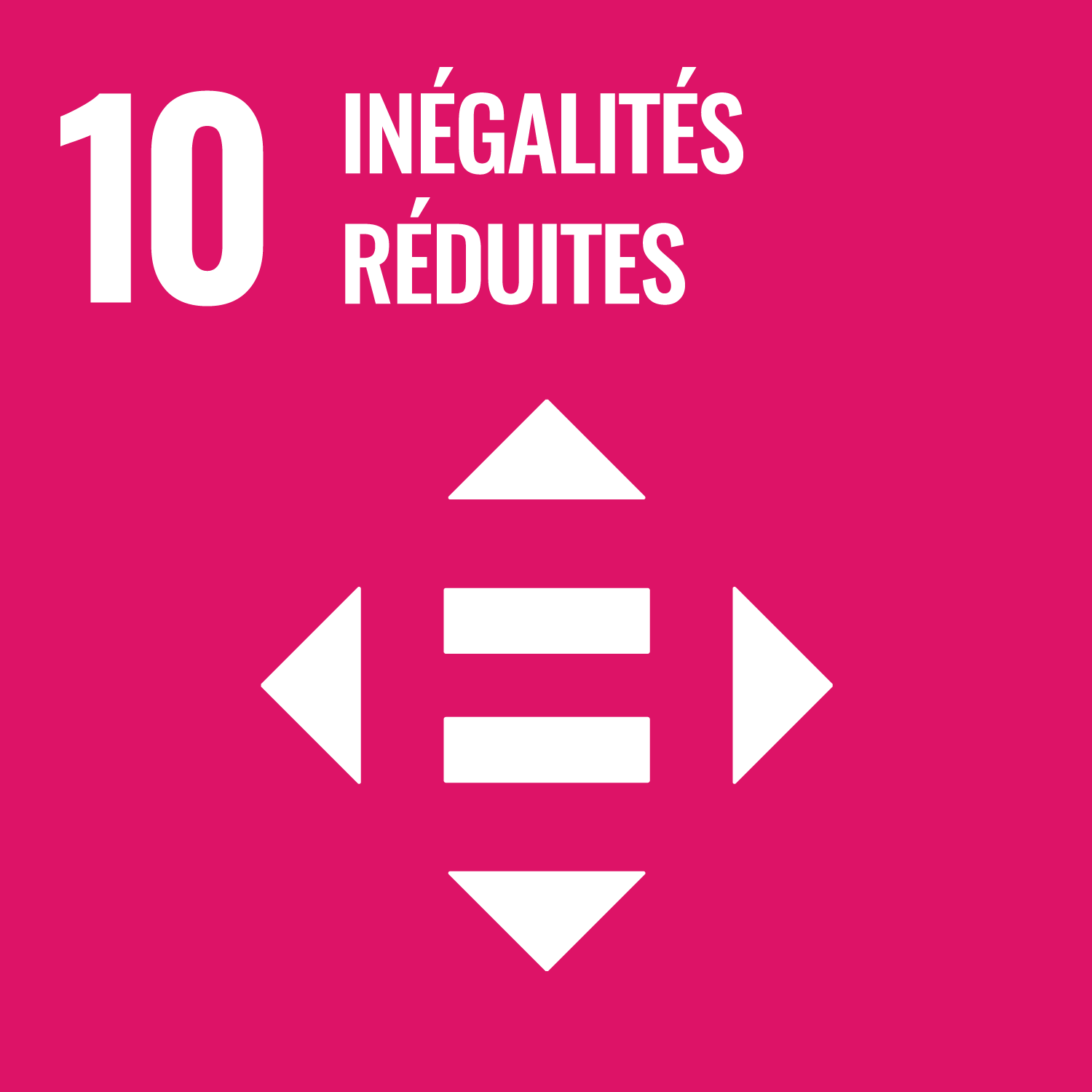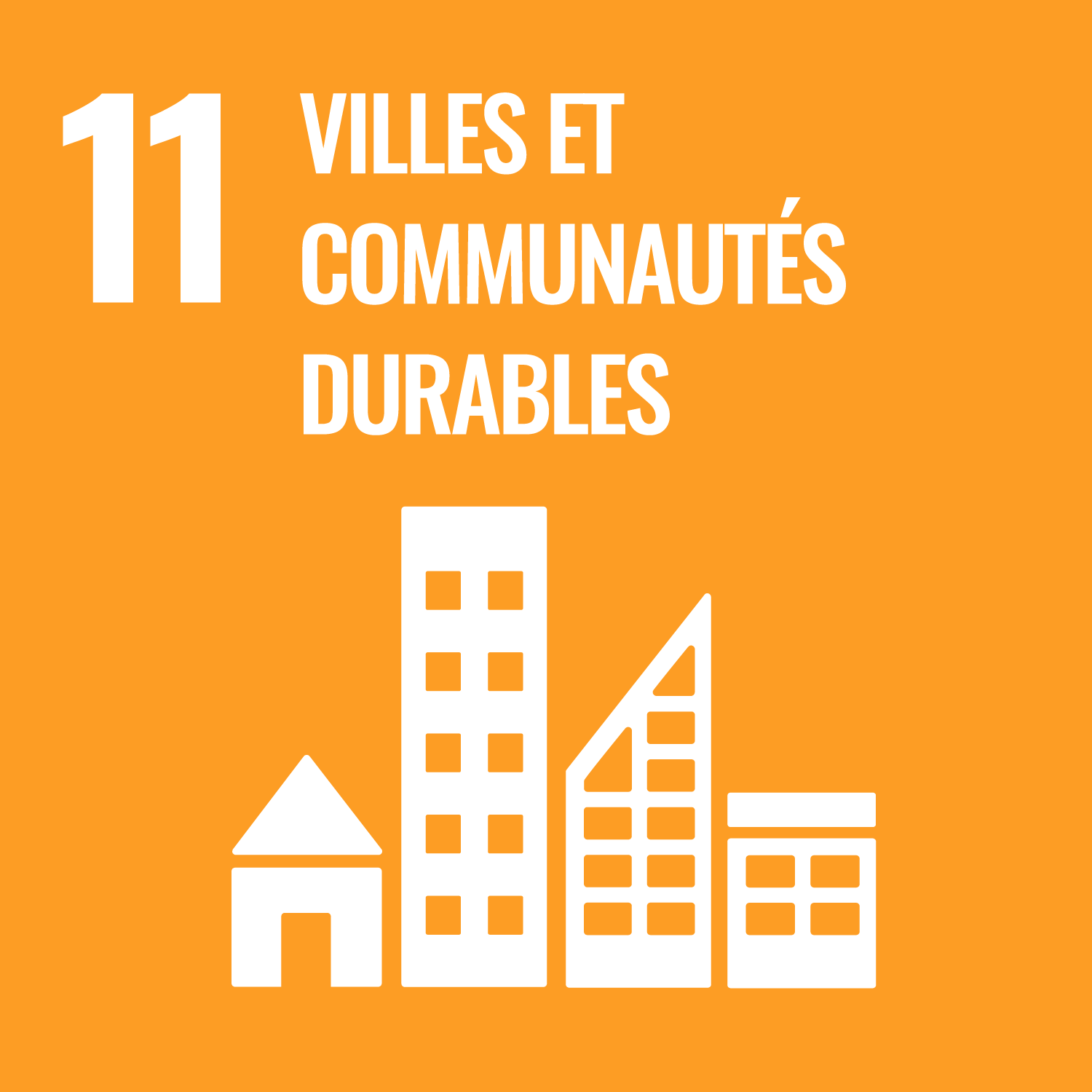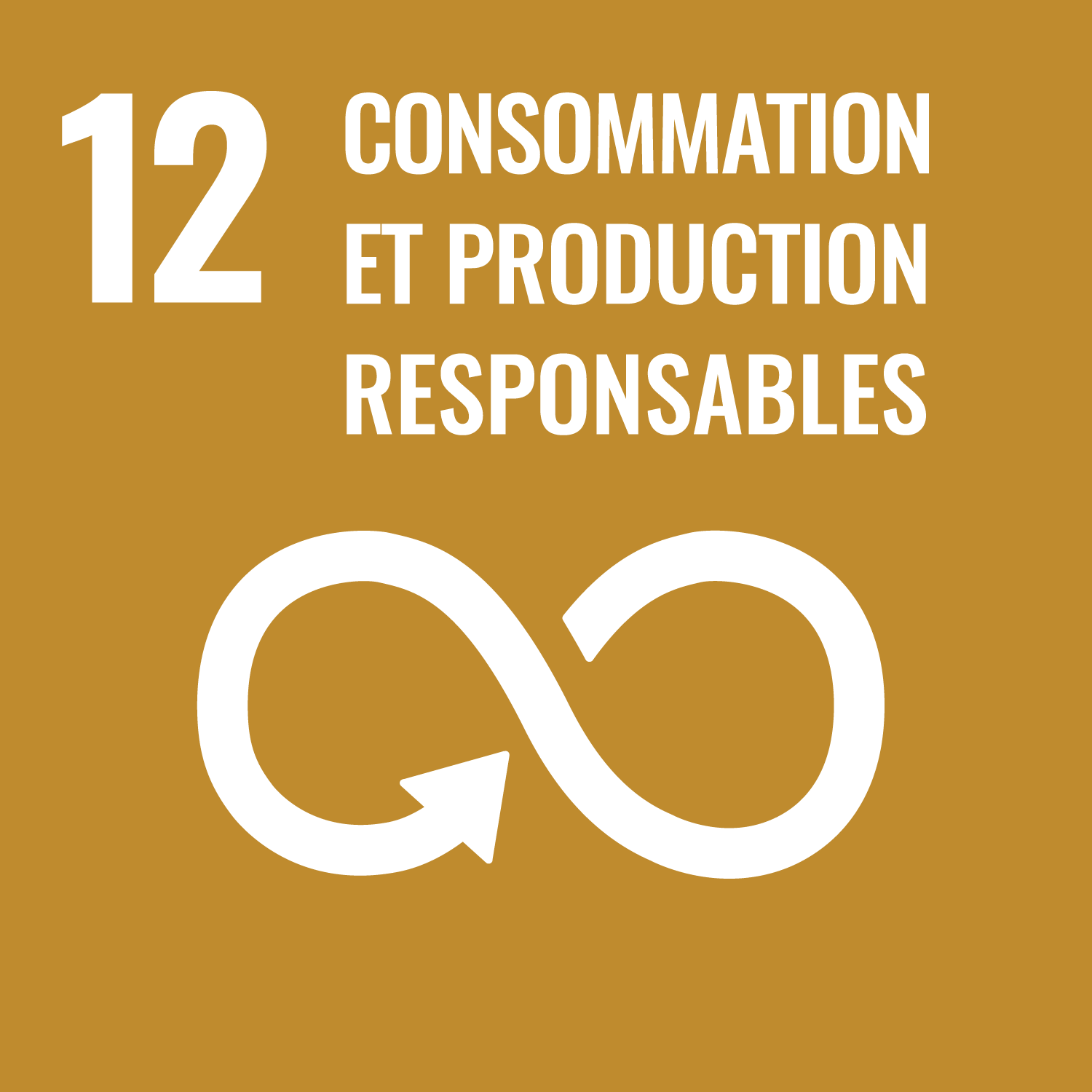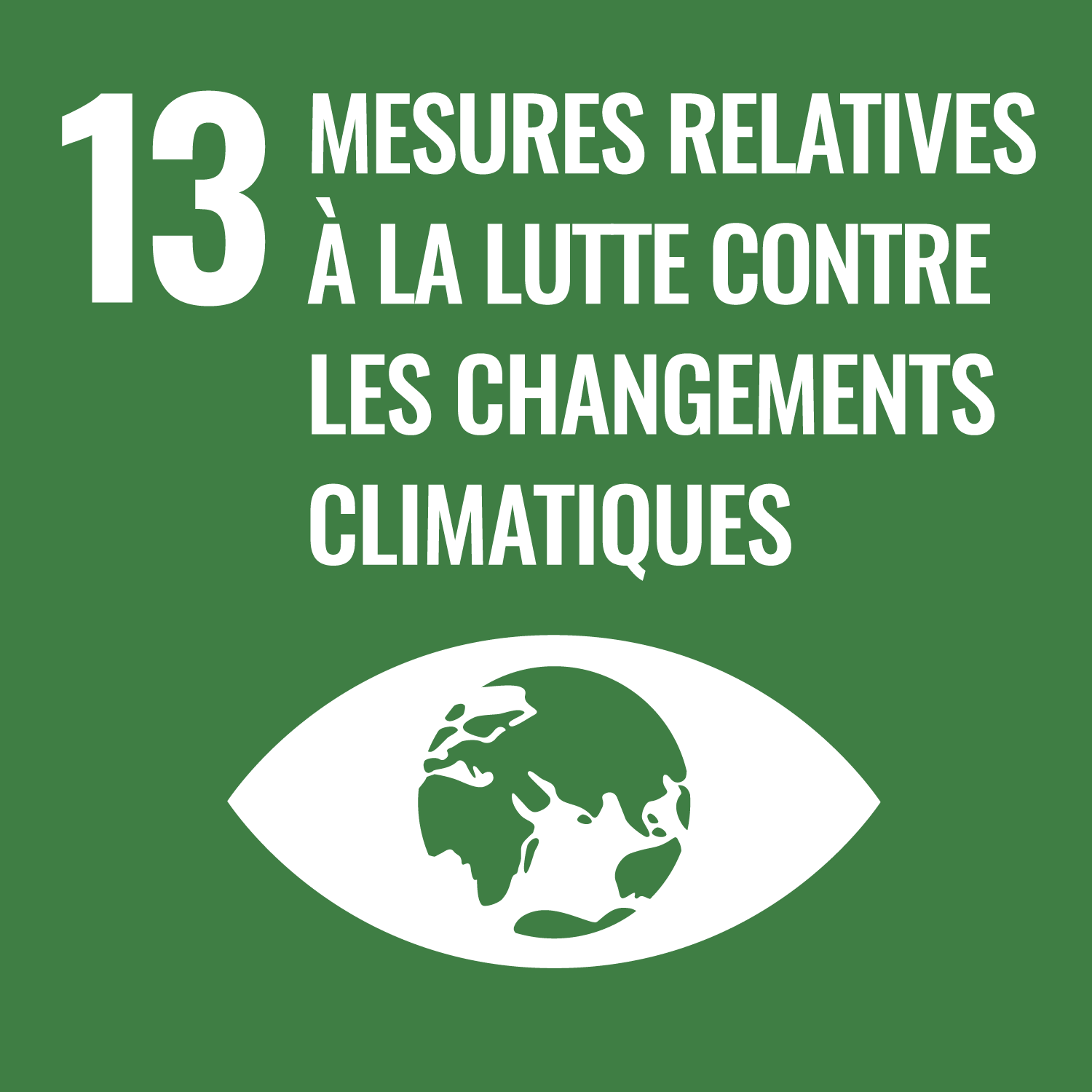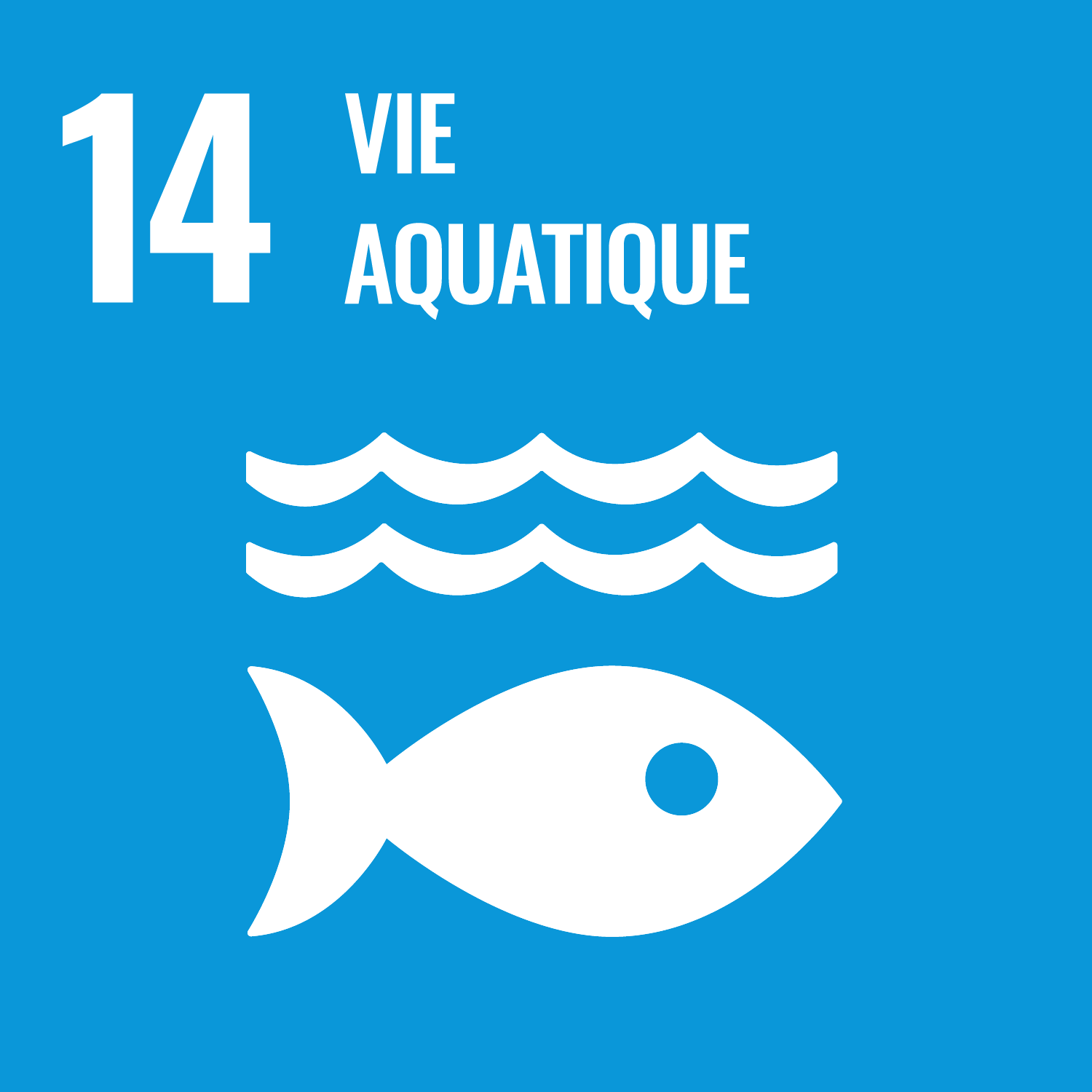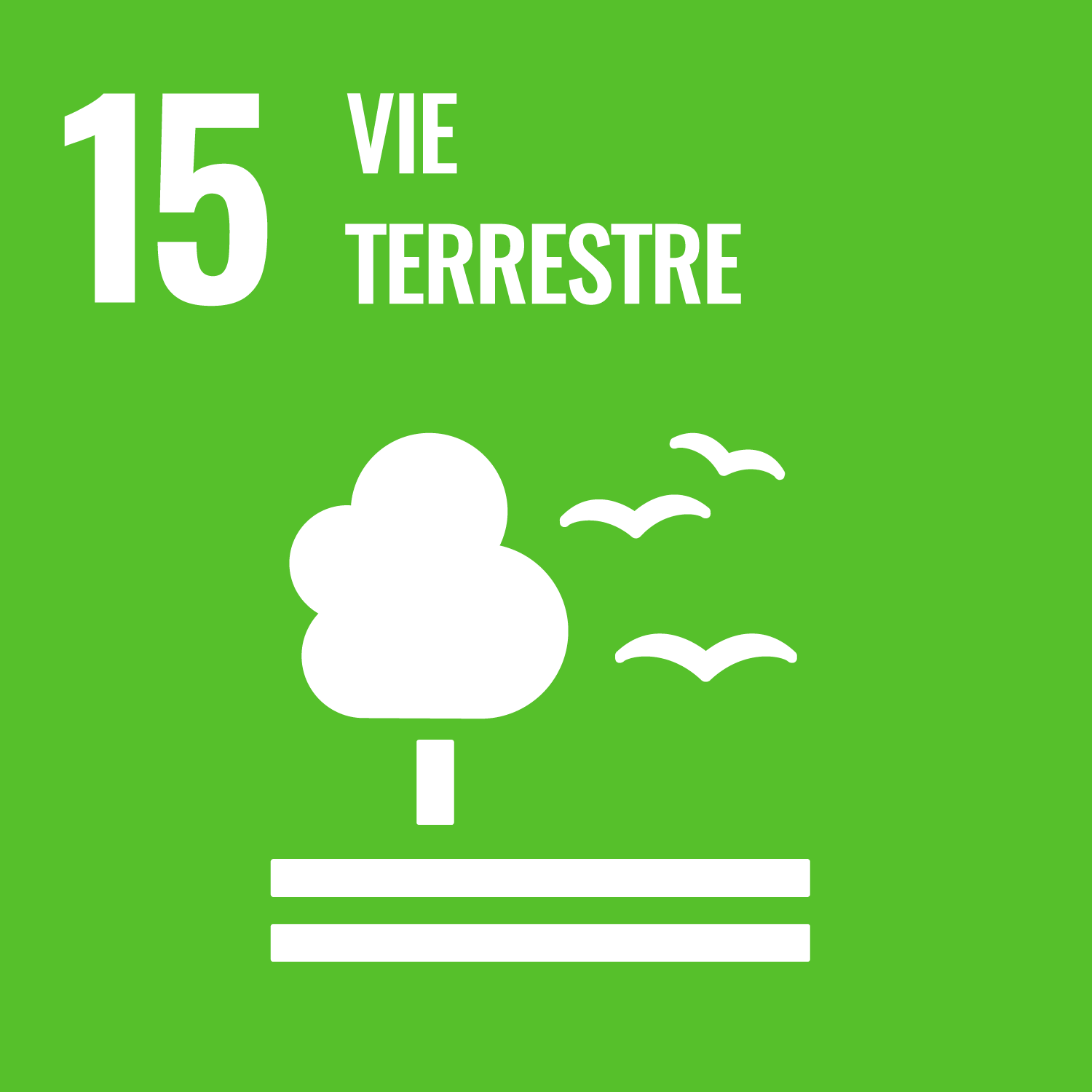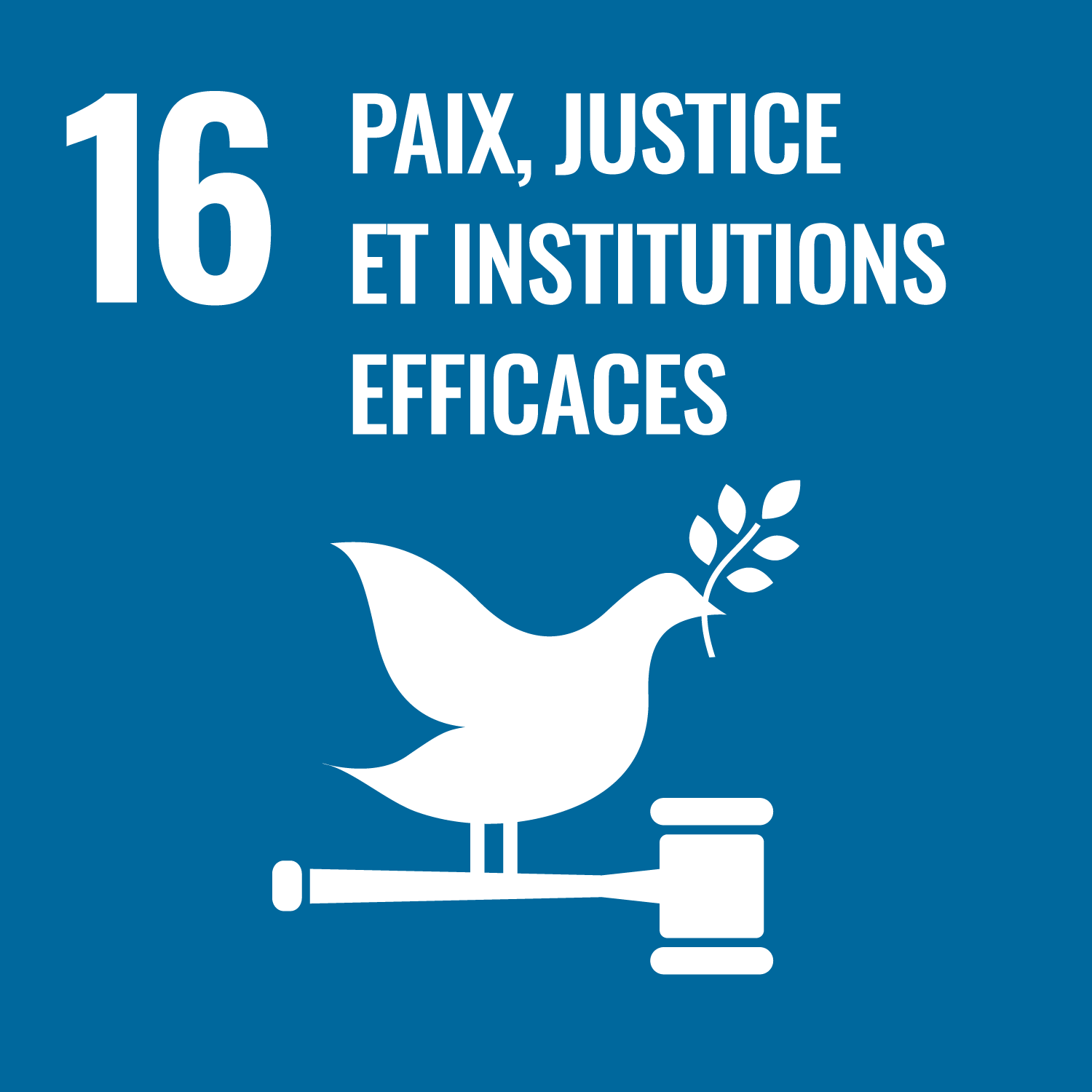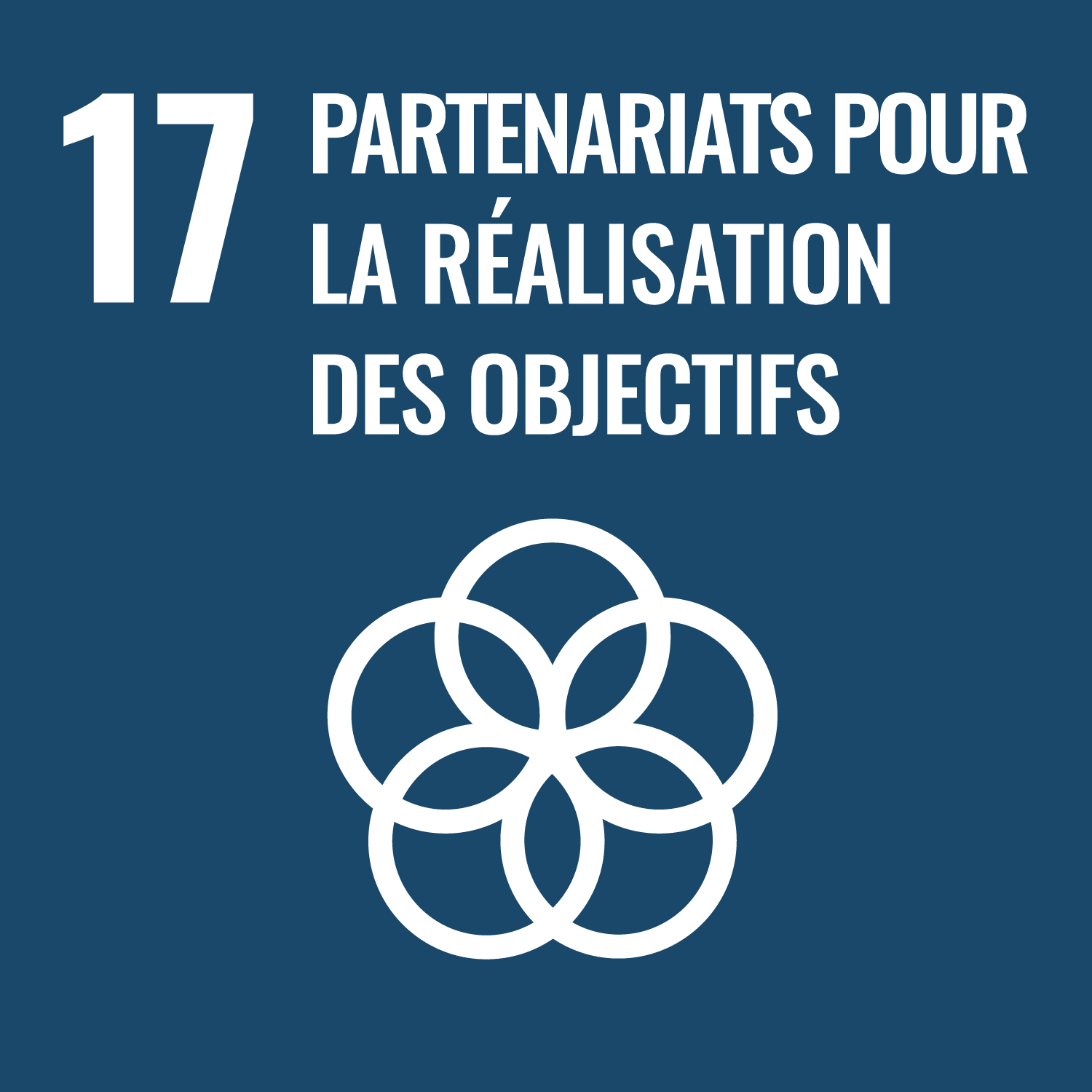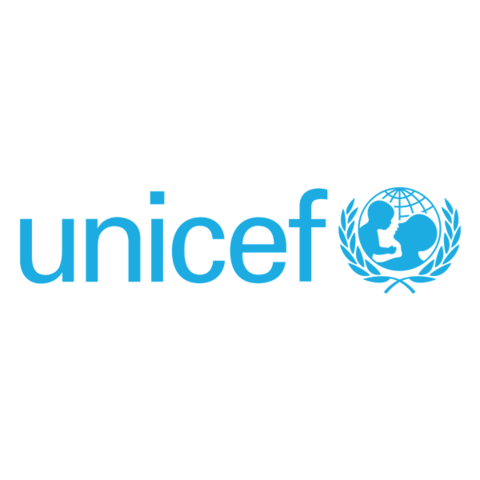Blog
It’s a cold, bleak January day, an hour’s drive from Tashkent. The trees are bare, but high on the fourth floor, in the small apartment that she shares with six other family members, Charos’s pot plants are defying the winter weather. Buckets and plastic containers line every shelf; the green shoots flourishing inside are not only a sign of her ingenuity, but of her drive to protect and provide for her children.
With her dark hair pulled back into a neat pony tail, and her carefully applied make up, Charos looks dignified, but weary. She’s getting by, but only just. When she suffered a period of ill health, her husband left her. She moved around looking for a place to settle her children, aged 3, 8, 12 and 18, before moving in with her sister.
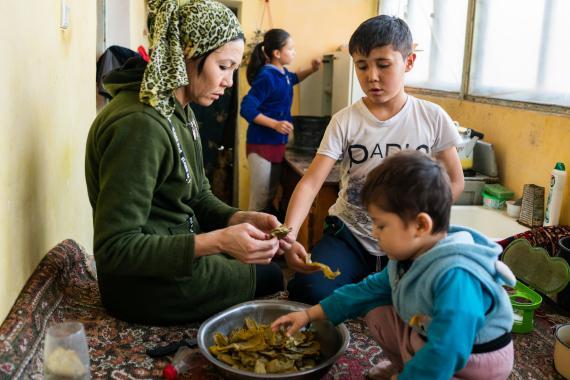
@UNICEF/2019/Elyor Nematov
“I felt like a useless person. I was running in all directions, trying so hard. I lost hope when I was sick. I couldn’t smile or speak. I was scared of what would happen to my kids if I didn’t get better.”
Charos grows plants, and runs a small flower shop. She makes a bit of extra money teaching children about horticulture at a local mahalla (neighbourhood) training centre. Her dream is to build a small greenhouse.
“The responsibility for the growth and education of my children is up to me, but everything depends on us having money,” she says. “If I had money, I would send my youngest to kindergarten to give them a good start in life. My eldest son sometimes doesn’t go to school because I need him to help us in the shop.”
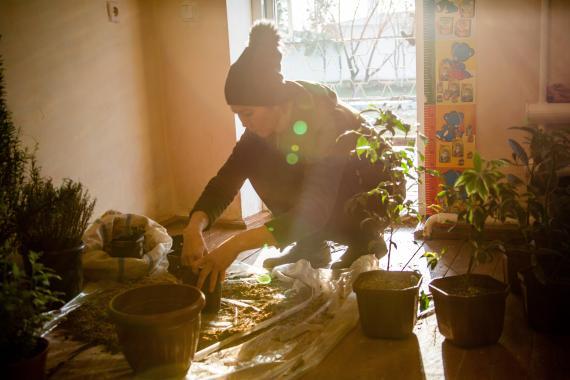
@UNICEF/2019/Elyor Nematov
Unfortunately, despite her strong work ethic, the money she makes she can barely support her children, so she decided to apply to her local mahalla for help.
“Families with extreme need come to us, share their problems and tell their stories. We provide financial support for those who’ve lost breadwinners or divorced,” he says. “A mother can’t be expected to work and look after her kids. The money we provide can go towards daily necessities.”
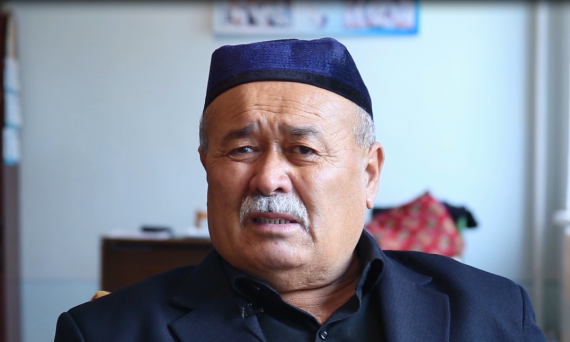
Abdurakhmon is the head of the mahalla committee. @UNICEF/2019/Elyor Nematov
The extra money Charos receives from the mahalla covers a sack of flour and a few litres of oil a month, just a portion of their needs, but it has a big impact.
However, Abdurakhmon looks concerned. “We are currently helping three families but there are another four in line waiting for their turn. We don’t have enough resources to help everyone. If this money was available for children up to 18 years, then children would be able to graduate from school. Charos’s son will be a breadwinner soon. It’s important that he studies”.
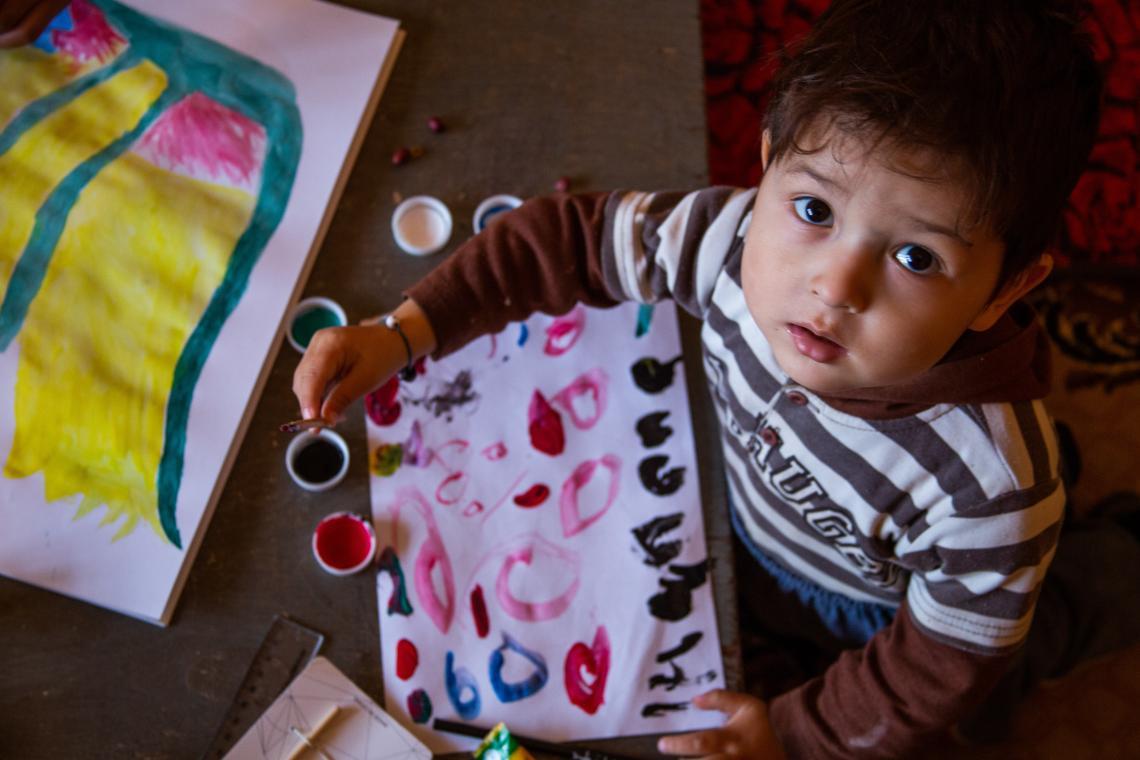
@UNICEF/2019/Elyor Nematov
Every winter, the school also provides winter coats and gloves for the poorest members of the community, but Charos’s daughter, Barchinoy, says she felt singled out by the gift and was ashamed at having to line up in front of her class to receive it.
“The school wanted to give me a coat too but there were some boys who laughed at us and I refused. I came home to my mother and asked her to tell them not to give me one again.”
Barchinoy would rather be supported to make her own way in life than receive charity.
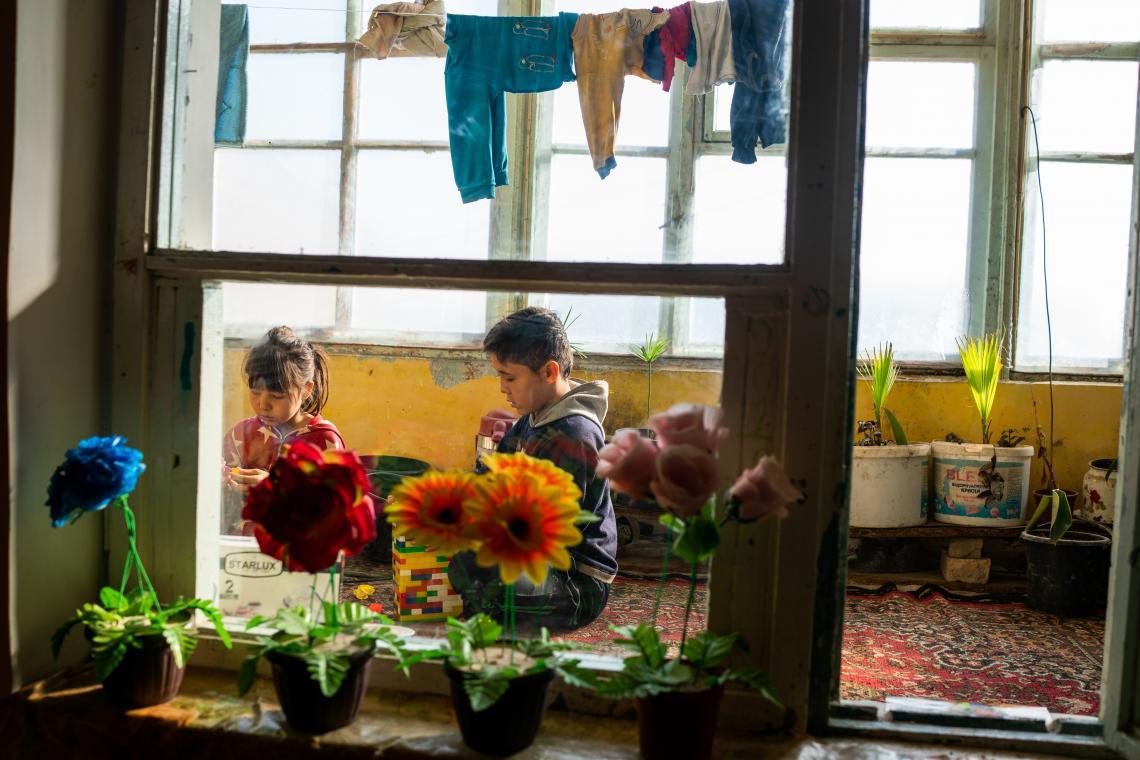
@UNICEF/2019/Elyor Nematov
In Uzbekistan, 76 per cent of children are living on less than UZS 15,700 per day. Unfortunately, over the last two decades the country has seen a big and growing gap in the level of social security offered to children. This lack of resources means that Charos will only receive financial help for 6 months.
“When I stop receiving it, I’m not sure if I will be able to make ends meet. I will have to leave my children to find work in Kazakhstan.”
There’s a strong smell of gas in the living area where the family will later eat and sleep –the windows are covered in plastic sheeting to keep the heat in. Her youngest boy plays with his bricks while the others prepare vine leaves for potato and rice-stuffed dolma (meat is too expensive). Defiantly cheerful artificial flowers line the window sill and young fig and fern plants peep from Charos’s pots.
Despite her hardships, she retains her generous spirit.
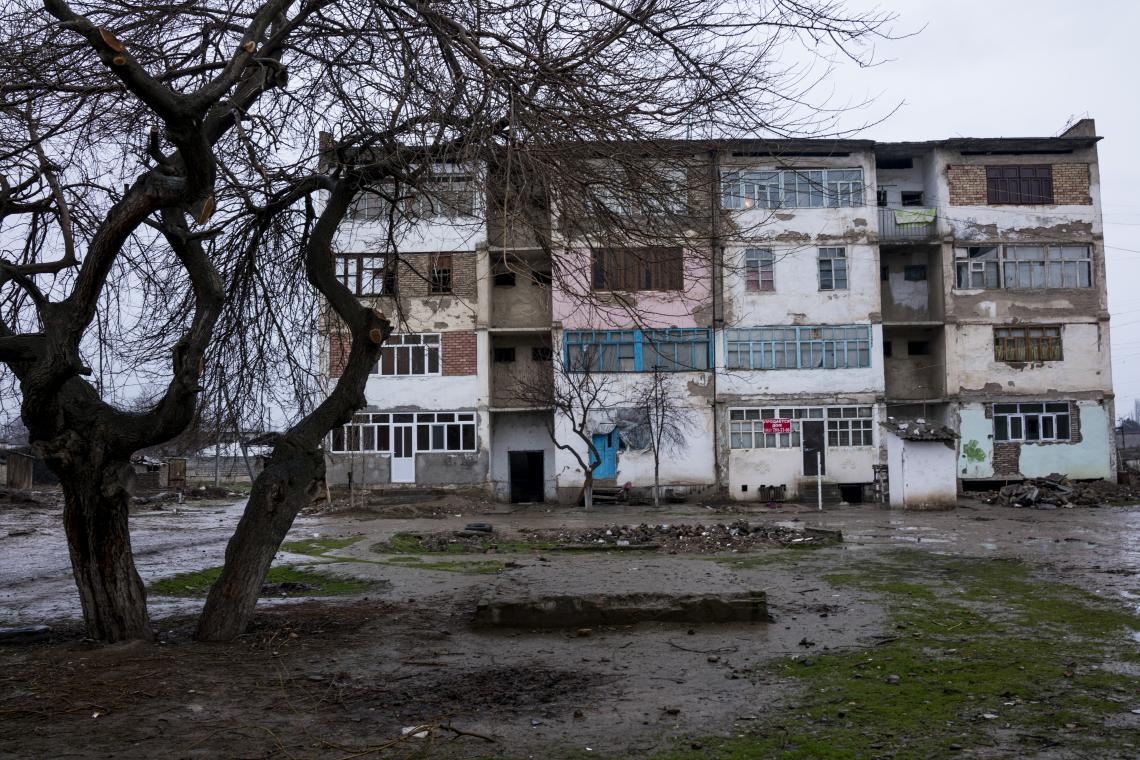
@UNICEF/2019/Elyor Nematov
“As I have been through problems myself, whenever I meet someone who needs help, I help them. When I was in deep need, I didn’t always get support, so I know what that feels like,” she says.
Strong social protection systems have a wide range of impacts, including on human development (such as better health, nutrition and education for children), labour force engagement, local market dynamism and broader economic growth. Reform of the child benefit system in Uzbekistan would transform the lives of children, potentially reducing the child poverty rate by 27 per cent and benefiting over 60 per cent of children by 2030 (and more in subsequent years).
A minimum level of income security could be offered to the majority of families with children while also generating greater economic growth.
Building a better future: A child-sensitive social protection system for Uzbekistan Report
Original article posted on UNICEF Uzbekistan here


